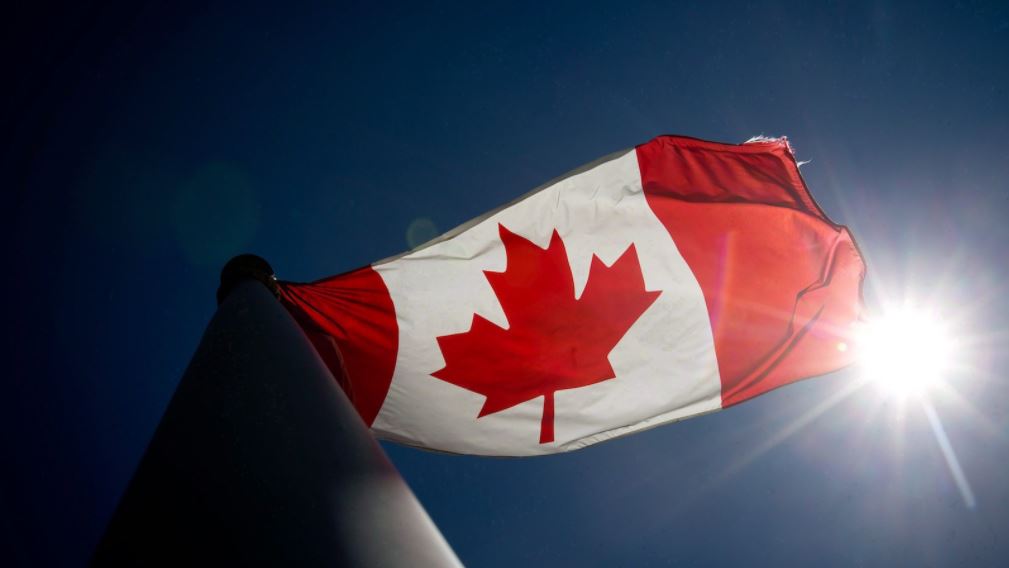Notice: These notes are sometimes verbatim even when not in quotation. All text is therefore George Grant’s; George Grant is the Guest Blogger in this post! Therefore, I don’t agree or disagree, it is what it is.
Lament for a Nation: George Grant
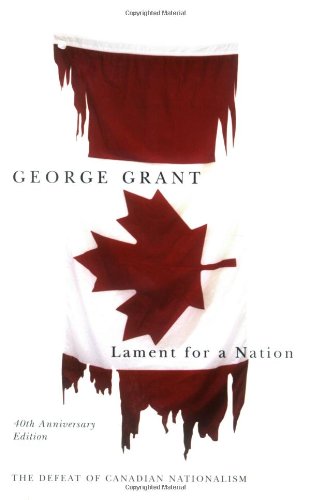
Chapter 1: LAMENT FOR A NATION
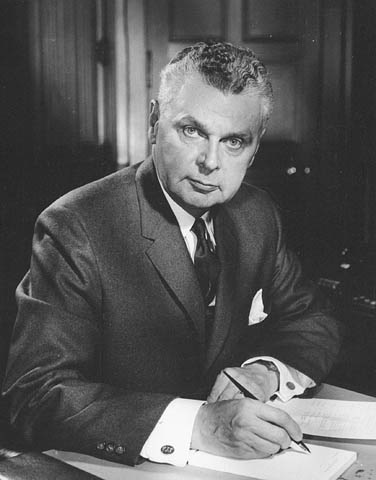 • “Emancipated journalists were encouraged to express their dislike of the small-town Protestant politician, and they knew they would be well paid by the powerful for their efforts” (1)
• “Emancipated journalists were encouraged to express their dislike of the small-town Protestant politician, and they knew they would be well paid by the powerful for their efforts” (1)
• “It is interesting to speculate why Diefenbaker raised the concentrated wrath of the established classes” (4).
• Most of his critics claim he is egotistical.
• There must be something false or something missing in this description of his actions…to search for a consistent description is partly why I have written this book. “We are fish left on the shore of a dying lake” (5)
• Grant Laments the passing of the nation called Canada.
• TO be Canadian was to be a unique species of North American.
• Fh.H Underhill’s “Stop being British if you want to be a nationalist” seemed obviously ridiculous.
• “Lamenting for Canada is inevitably associated with the tragedy of Diefenbaker” (6). His inability to govern is linked with the inability of this country to be sovereign.
• “In the last years, many writers have described the confusions, contradictions and failures of the Diefenbaker government” (6).
• BUT Newman “rejoices{s} that we have back in office the party of the ruling class. (6). For twenty years, the Liberal Party had been pursuing policies that led inexoberably to the disappearance of Canada.
• “Its polices led the impossibility of an alternative to the American republic being built on the north held of this continent.
• King leads to Canada’s surrender. Diefenbaker knew this but the media establishment turned against him.
• “No credit is given to the desperate attempts of Diefenbaker and his colleagues to find alternative policies, both national and international, to those of their predecessors.” (6)
• “Diefenbaker’s confusions and inconsistencies are, then, to be seen as essential from which Canada will recover under the sensible rule of the established classes.” (6)
• The 1957 election was the Canadian people’s last gasp of nationalism” (7) Diefenbaker’s government was the strident swansong of that hope.
• ALTHOUGHT THE CANADIAN Nationalist may be saddened by the failures of Diefenbaker, he is sickened by the shots of sophisticated derision at his defeat.
• “In their derision THEY SHOWED, WHETEHR THEY WERE AWARE OF IT OR NOT, THAT THEY REALLY PAID ALLEGIANCE TO THE HOMOGENIZED CULTURE OF THE AMERICAN EMPIRE” (7)
Chapter 2: LAMENT FOR A NATION
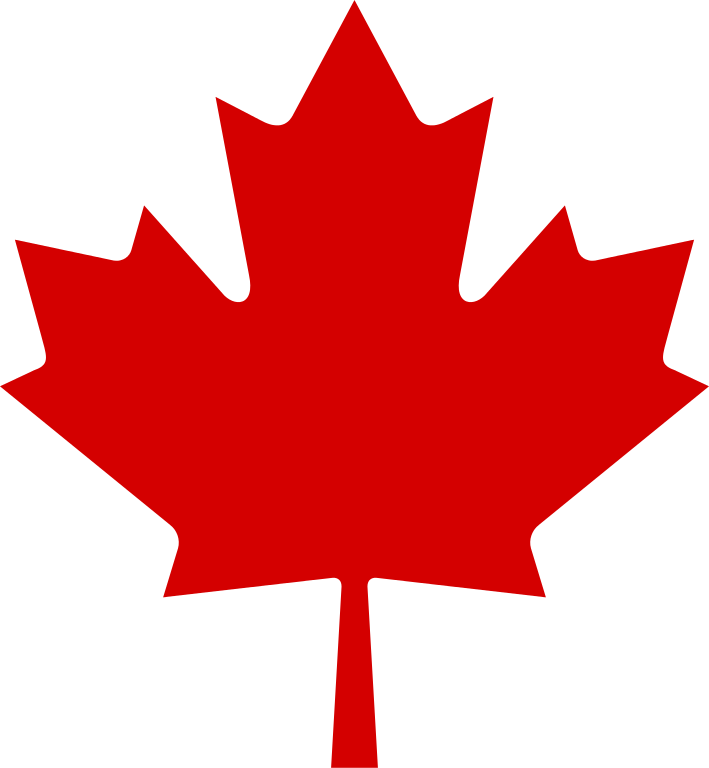 • How did Diefenbaker conceive Canada and why did the men who run the country (ruling class) dislike him so much? The answer explains Canada’s collapse
• How did Diefenbaker conceive Canada and why did the men who run the country (ruling class) dislike him so much? The answer explains Canada’s collapse
• Diefenbaker’s’ personality is central for most journalistic analysis of Diefenbaker’s failures.
• “Influenced by Time magazine, politics is served up as gossip, and the most titillating the better.” (8)
• “Reducing issues to personalities is useful to the ruling class” (8)
• Media focused on “Diefenbaker’s indecision, arrogance, and ambition than by writing about American-Canadian relations.
• “The man had a conception of Canada that threatened the dominant class” (8).
• The ruling class control private government which co-ordinates the activates of these corporations. NA is the base of the world’s most powerful empire to data.
• Since 1960, Canada has developed into a northern extension of the continental economy. C.D. Howe and his men helped it along..
• Our ruling class mirrors that American accept that we look across the border for our political and cultural directions.
• People move in and out of corporations, civil service and politics.
• Pearson had the courage to stay away from the retreat of politics. (10)
• Diefenbaker came to power after the Conservative Toronto elite had failed to make a national party under Drew.
• Diefenbaker made it to power despite the Howe era dominant classes.
• The Liberals were arrogant: St. Laurent was defeated the regions were colonies of Montreal and Toronto.
• “Young men, ambitious for a life in politics, could not turn to the Liberal party, where the positions of power were well secured by the old pros.” (12)
• “In the Defence Crisis of 1963, his nationalism occasioned the strongest stand against satellite stats that any Canadian government ever attempted.” (12).
• He maintained his stand even when the full power of the Canadian ruling class, the American government and the military were brought against him.
• Grant sees Dief’s nationalism as misguided.
• Diefenbaker was not specific about what Canada should be. And he failed.
• There was tension between the chartered banks and Diefenbaker. Fleming’s appointment as Finance Minister was in contrast to everything hoped for.
• Nearly all the economic power deserted Diefenbaker.
• Populist democracy was a dying force in contemporary America: A Diefenbaker’s increased welfare payments and aid to ‘outlying regions” showed him turning to the people.” (14)
• Diefenbaker against old Conservative interests. Central Canada was an industrial complex and any prime minister who wanted to stay in power had to yield though their desires.
• “The Conservatives handled the machine of state capitalism less skilfully than had the Liberal smoothies.” (16)
• The northern vision was a pleasant extra, but no substitute for national survival.
• During his years in office, American control grew at a quickening rate.
• “The populate in that area was rushing toward cultural and economic integration with the US” (16)
• Diefenbaker wasn’t very close to the business elite in Ottawa.
• Diefenbaker still believes that capitalists were nationals after one term.
• He could not appraise the class structure realistically and then could not pretend to be a self-respecting nationalist
• Diefenbaker suffered from the confusion of populism, free enterprise and nationalism when dealing with Coyne.
• Diefenbaker’s free enterprise led to actions that were anti-nationalist. The Glassco Commission was appealing to an American conservative.
• The Civil service would not wear it.
• Most civil servants had too closely associated with liberal man and the liberal party.
• “No modern stat can be run without great authority in the hands of its non-elected official. In such an uncertain nation as Canada, the civil service is perhaps the essential instrument by which nationhood is preserved.” (19)
• “If diefenbklaer was to foster nations, he needed to win the respect of the civil service”
• The best civil servants were devoted to both the British account and a sovereign nation.
• “The most bewildering aspect of Diefenbaker’s nationalism was his failure to find effective French-Canadian colleagues. The keystone of a Canadian nation is the French fact; the slightest knowledge of history makes this platitudinous.” (20).
• The One United Canada appeal didn’t work for Quebecers who saw it as assimilationist dogma.
• Henri Bourassa wanted Quebec’s protection from the Saxonistes.
• “Interpretation of federalism is basically American. I could not encompass thus who were concerned with benign a nation, only those who wanted to preserve charming residual customs” (22) immigrants.
• “Canada is predicated on the rights of nations not just citizens” (22)
• “As the price of that liberty, American society has always demanded that all autonomous communities be swallowed up into the common culture.” (22)
• Diefenbaker kept nuclear arms off Canadian soil.
• “The very nature of Diefenbaker’s Protestantism made him unsympathetic to Catholic Quebec” (24)
• “Did not Diefenbaker know that the existence of Canada depended on a clear definition of conservatives?” 25)
• Diefenbaker didn’t have support from the intellectual community.
Chapter Three: LAMENT FOR A NATION

• Defence Crisis of 1962 and 1963 revealed the depth of Diefenbaker’s nationalism.
• He was a demagogue yearning for recognition. But his actions during the Defence Crisis make it clear that his nationalism was a deeply held principle for which he would light with great courage and would sacrifice political advantage.
• One comedy in these tragic events was that the intellectuals could not recognize that Diefenbaker was standing on principle.
• Diefenbaker was painted as the politician interested in succeeding at all costs. (26).
• Pearson changed his defence policies to suit the interest of the powerful. After the Cuban Crisis, Pearson acted with great political skill to unite the powerful forces of continentalism around him.
• After the missile crisis: Pearson who had previously argued that Canada should not accept nuclear arms, turned round and asserted that any government of his would promptly negotiate their acceptance.” (27)
• General Norstad made a press conference in Ottawa in which he suggested that Canada was not doing its part.
• The American State Department issued a memorandum denying the veracity of the Canadian prime Minister on the matter.
• “It took the full weight of the North-American establishment to bring him down” (28)
• Green and Diefenbaker trusted each other. They were old and trusted friends, deeply shaped by the same tradition of Canadian conservatism. Green had nominated Diefenbaker for the leadership of his party as long ago as 1948 when George Drew won the contest.
• He believed that Canada’s acquisition of nuclear arms would add to nuclear tension and diminish Canadian influence abroad.
• Green publicly admonished the Americans.
• “Can an ant be an ally with an elephant” (29)
• Diefenbaker was determined not to allow American defence policy shape his actions.
• Kennedy’s friends of Newsweek attacked Diefenbaker. A conspiracy for Liberal Victory.
• Grant says changing traditions make it difficult for Canada to build an alternative civilization. Canada is to build a civilization against the Americans.
• Diefenbaker said that acceptance of warheads was conditional. Bomarcs were useless without the warheads.
• It was event claims that he might have understood the nature of the original commitment. In refusing to make up his mind about accepting warheads, he was accused of being ‘indecisive’ and a bad ally and the man of indecision for the liberals.
• Defence technology was in constant flux and it was not longer clear that warheads were necessary. He maintained that the decision should await the NATO meetings in May of 1963.
• Two false assumptions: 1) Diefenbaker assumed the NATO was an alliance and not simply an American instrument.
• “Canada’s sovereignty entailed that our defence policy be determined in Ottawa.” (32).
• THE RULLIN CLASS WERE NOT INDEGINOUS.
• Decisiveness was aligned with Canada’s nee to have atomic arms: I don’t agree. Do we really need the nuclear weapons.
• “Can it be denied that the actions of the Kennedy Administration were directed toward removing an unreliable government in Ottawa rather than to guaranteeing a specific commitment?” (33)
• “Diefenbaker and Green must have seemed too suspicious of American motives to be allowed to remain in office” (33)
• Keened was a postmaster in the use of power for personal and imperial purposes. Historians will only be able to speculate about what Pearson and Kennedy discussed before dinner for Nobel-Prize winners at the White House in 1962.
• The British connection had been a source of Canadian nationalism. The west-east pull of trade – from the prairies across provided a counter-thrust to the pull of continentalism. (34).
• Britain became American before we stopped being the UK.
• “The role of Canada was to mediate between the United States and Western Europe, particularly Great Britain.” (36)
• The sincerity of Diefenbaker’s nationalism is established by the fact that he stood by Green, and would not accept the American demands, even when it was in his overwhelming interest to do so. (36)
Chapter Four: LAMENT OF A NATION
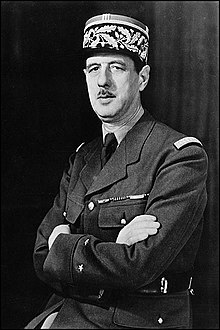 • The Canadian establishment’s instrument is the Liberal Party of Canada.
• The Canadian establishment’s instrument is the Liberal Party of Canada.
• Three argument of nationalism to justify the Liberals:
• 1) the Liberals are the realistic defenders of this country, policing us through the shoals of foreign control and internal dissension that might shipwreck Canada.
• 2) it is inevitable that Canada should be swallowed up; since in 1940 this should have been obvious to any political analyst. The Liberals have taught us to accept this.
• 3) Canada’s disappearance is not only necessary but also good.
• The Liberals are the image of Canada’s unity.
• “The Liberal Party gave brilliant leadership to the development of the country; the corporations ran an economy that was blessed by a benevolent government; certain complementary needs were met by the judicious use of Crown corporations; injustices were palliated with limited social services” (38)
• Beyond economic policy, the argument continues, the Liberals alone have understood that French Canada is the keystone of Confederation.
• Cooperative federalism is the only basis on which Quebec will stay.
• “The whole argument for the Liberals as realistic nationalists breaks down with their actual achievements” (39)
• It was under Liberal leadership that our independence in defence and foreign affairs was finally broken.
• The Liberals failed to recognize that the real danger to nationalism lay in the incipient continentals of English-speaking society, rather than in any Quebec separatism.
• The society produced by such policies may reap enormous benefits, but it will not be a nation.
• “Where can people learn independent views, when newspapers and television throw at them only processed opinions?” (41)
• In society of large bureaucracies, conscious and unconscious processes legitimize power. Ontario’s centralized power in continental capitalism was also a Liberal strong hold.
• Canada has to recognize the limitations on sovereignty in a nation that lives beside the most powerful country on earth (42).
• Capitalist imperialism is harder to resist than communist imperialism.
• Intention is hard to phantom.
• The personalized political journalism, associated on this continent with TIME and exemplified in Canada by MacLean’s has done much to obscure this fundamental distinction.
• 2 part of the argument: It has been necessary to join the US. Canada has made that transition smoothly. BUT was there another way?
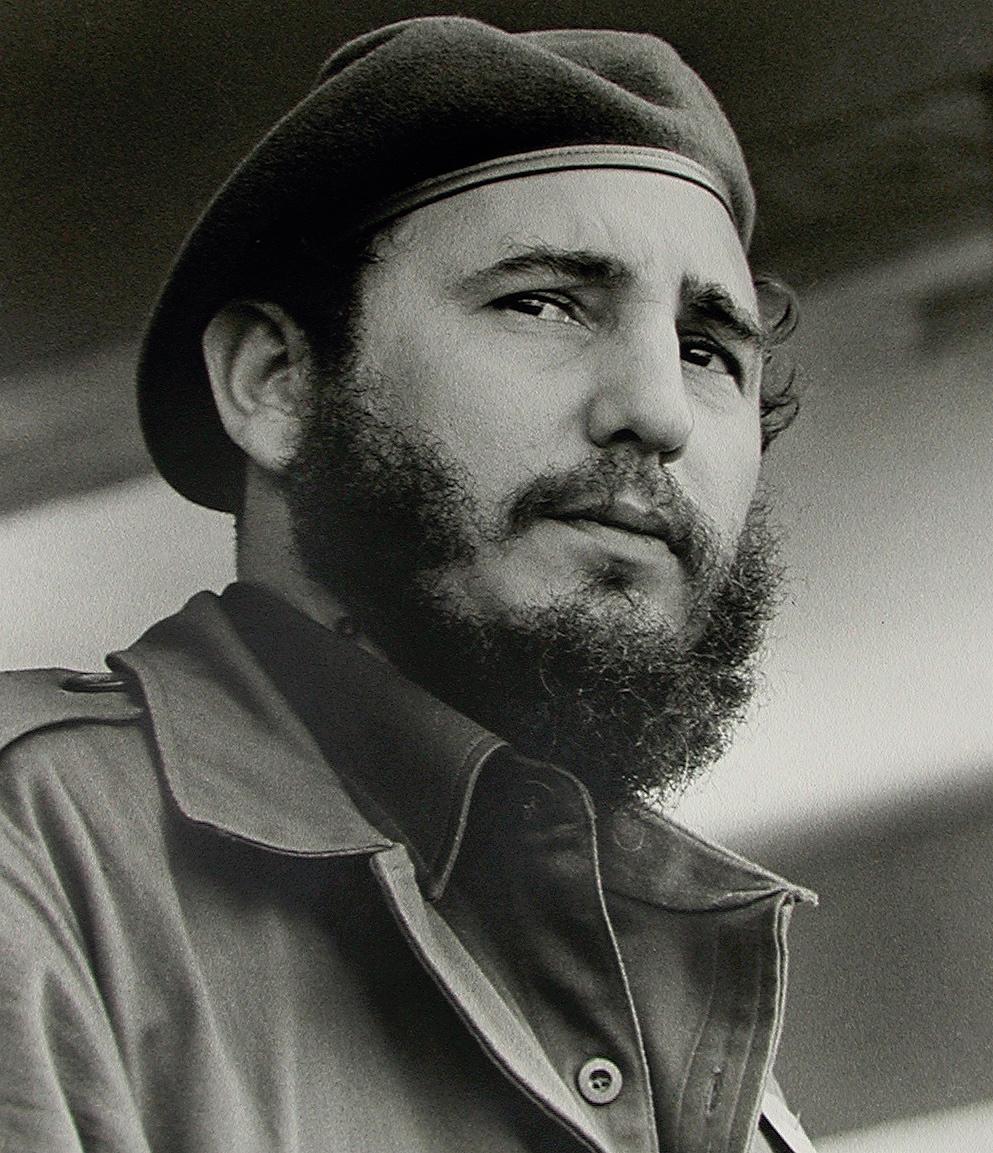 • Resistance to western imperialism has taken two main forms.
• Resistance to western imperialism has taken two main forms.
• 1) establish a rigorous socialist state that turns to the Community empire for support in maintain itself: CASTRO style
• 2) is to harness the nationalist spirit to technological planning and to insist internationally that there are limits to the western alliance. GAULLISM.
• Gaullism is only possible when nationalism is such a dominant motive among certain elites that they are able to control the economy so as to stop the tendency of capitalism to become international. There are no such elites in the Canada of 1965.
• MacDonald’s National Policy was Gaullist.
• Business interests are assumed to run the country. This is what sells Canada out.
• “The Liberal politicians and civil servants always acted within that assumption because they knew their limited power depended on it. No government that acted on other principles would have lasted long.” (46)
• No class in Canada more welcomed the American managers than the established wealthy of Montreal and Toronto, and who had once seen themselves the pillars of Canada. Capitalism is about profit making this is the most important activity.
• “If there had been an influence group that seriously desired the continuance of the country after 1940, it would have needed the animation of some political creed that differed from the capitalist liberalism of the US.
• The Ottawa Men rule Canada as secular priesthood (48)
• Why did the civil service elite do so little?
• External Affaires have some felling for the continuance of their nation. Yet they were the instruments of a policy that left Canada a satellite internationally.
• When they gain power they carry on with the ideas they learnt thirty years before. (50).
• “In the Defence Crisis of 1963, Green and Diefenbaker did not receive loyalty from their civil service” (51)
• International civil servants.
Chapter 5: LAMENT FOR A NATION
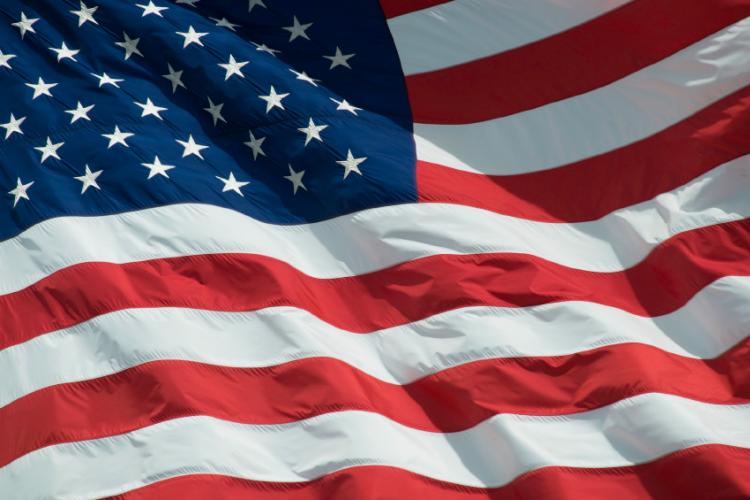 • Politicians, businessmen and civil servants cannot alone count for Canada’s collapse.
• Politicians, businessmen and civil servants cannot alone count for Canada’s collapse.
• The United States believed in homogenizing and universality.
• They are the progressive force in the 20th century.
• Americans spearhead progress (53)
• Where modern science has achieved its mastery, there is not place for local cultures. 53
• Canada was created in the age of progress.
• Progress is American therefore Canada is American.
• Two Groups Deny This Marxists and American ‘Conservatives’.
• Marxists contend that the US is reactionary and not progressive as they rely on a system of property relations and consequent world policies. Marxists argue that to be progressivism in Canada is nationalism. THIS IS WRONG, says Grant, because modern political theory says that man’s essence is his freedom. (54)
• Deny freedom is not his conception of the good (55)
• North American liberalism makes s more sense: Social order is a man-made convenience, and its only purpose is to increase freedom. (55)
•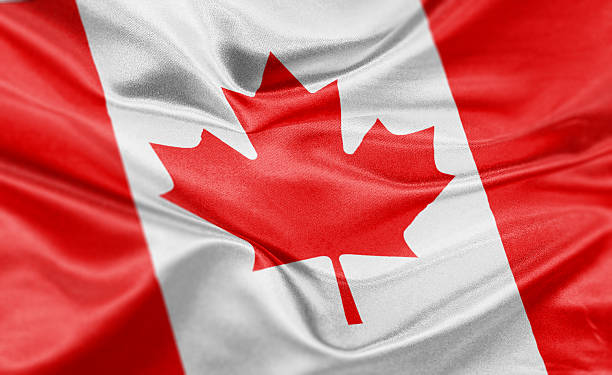 State capitalism is a opening up of society: in the private sphere all kinds of tastes are permitted. (56)
State capitalism is a opening up of society: in the private sphere all kinds of tastes are permitted. (56)
• But “in the public sphere, such pluralism of taste is not permitted” (56)
• “Western civilization was committed in its heart to the religion of progress and the emancipated passions. Those who accepted such a doctrine found corporation capitalism was a much more suitable regime than the inhibiting polices of socialism” (58)
• Socialism is not progressive but rather a regression because it stagnates innovation.
• De Gaulle will not be able to resist in the long run. His polices will sow the seeds as the principles of American civilization. The old restraints in society.
• The PApuascy didn’t : there are no limits in the democracy it’s destructive. Church aristocracy, class and tradition.
• Literatur, musicians and a subculture that resists the American AEmpire.The New Left: Joan Bios
• Quebec was the inheritor of that tradition
• Conservatives believe that America is the defender of western civilizations. US were based on British principles mostly not Rousseau and Marx of communism.
• The appeal to English-Speaking Unity has destroyed an hope of Canadian independence. (61).
• The British supported Pearson over Diefenbaker because the rejection of American arms was an attack on English-Speaking unity.
• Grant questions whether the Loyalists actually did something meaningful by creating Canada. “If there was nothing valuable in the founders of English-Speaking Canada, what makes it valuable for Canadians to continue as a nation today?” (62)
• “Internationally, the imperial power of these corporations has destroyed indigenous cultures in every corner of the globe” (62) American capitalism dissolves indigenous cultures.
• “They are ‘conservatives’ only in terms of the short history of their country” (63)
• Local culture has a last ditch-stand “But it is doomed to disappear as much as an indigenous French Canada” (65)
• American conservatives believe in order and societal norms.
Chapter Six: LAMENT FOR A NATION
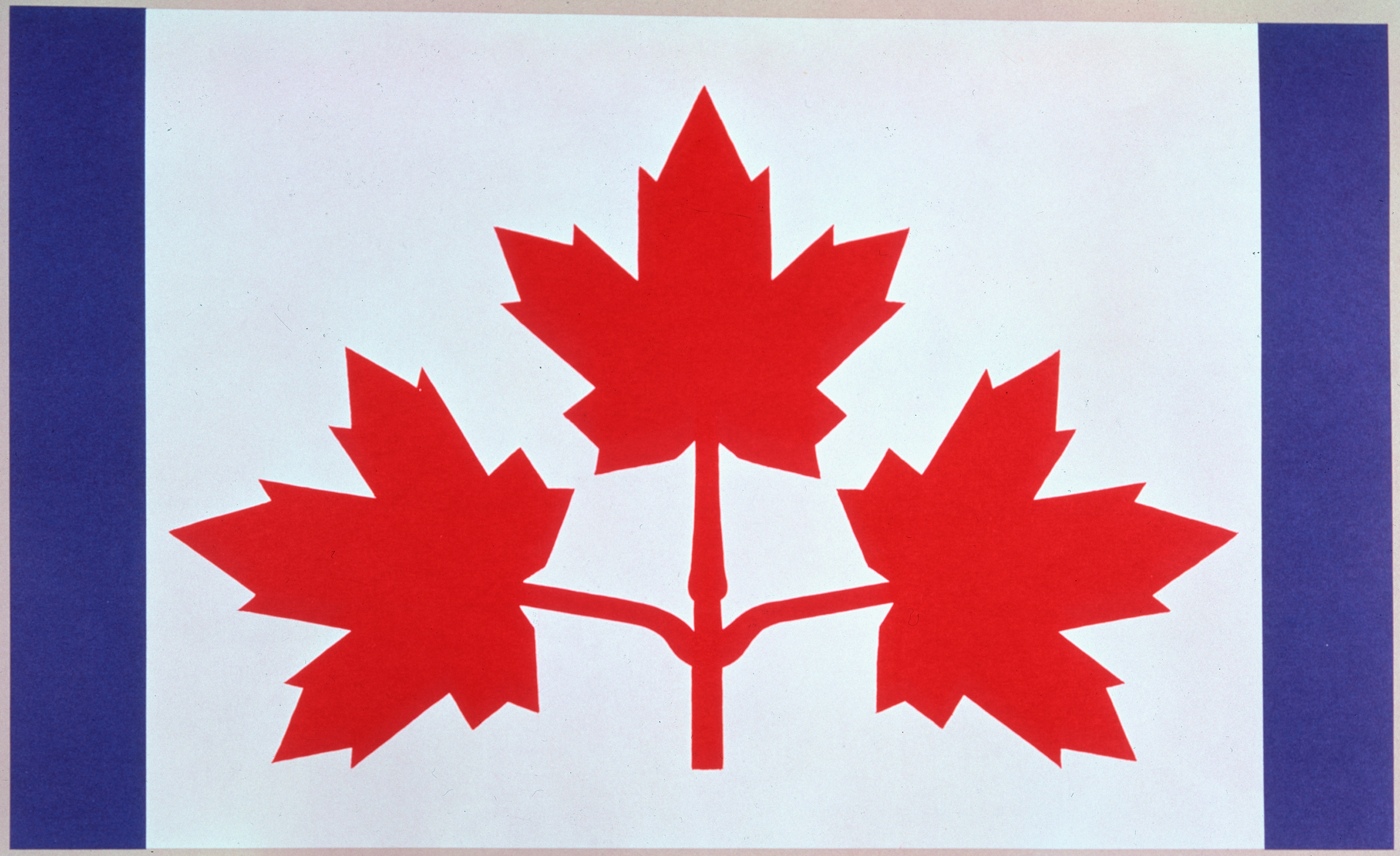 • “The Impossibility of Conservatism in our era is the impossibility of Canada” (67)
• “The Impossibility of Conservatism in our era is the impossibility of Canada” (67)
• Modern history is against Canada. (67)
• The point of Canada was not to become the Republic.
• French and English accepted the common value of preserving their integrity outside of the United States of America.
• Diefenbaker was right when he said that “the similarity between the views of the Montreal merchants in 1849 and the wealthy of Toronto and Montréal in 1963. In neither case did they care about Canada” (68).
• “Only in dominant nations is the loyalty of capitalists ensured” (68)
• Canadians have been much more willing than Americans to use governmental control over economic life to protect the public good against private freedom: Crown Corporations.
• “That we never broke with Great Britain is often said to prove that we are not a nation but a colony” (70).
• The world war ended British connection in Canada: after WWI and WWII.
• “British conservatism was already largely a spent force at the beginning of the nineteenth century when English-speaking Canadian were making a nation” (72).
• “because of the Births tradition, socialist movements have been stronger in Canada than in the United States” (73).
• We see the shift to bureaucratic state capitalism.
• To turn to the more formidable tradition, the French Canadian are determine to remain a nation (74).
• Canada intends to stay together for greater prosperity.
• “In such a scheme the continuance of Confederation is simply a question of convenience” (75)
• “If they work for continental corporations, will they not identity themselves with those corporations and vote for governments not interested in preserving national control of the economy?” (77)
• “Corporations make concessions about management personnel for the sake for better relations with the alien community” (77)
• Quebecers want a Castro-Like State in Quebec.
• Page 78 “This enormity in the break from the past will bring in intense beatness. US supports this.There beats titillate the status quo. We bureaucratize it seilf. Quebec will internalize the culture of decent. Pete Seagre Joan Beas.
• Anti-Globalization is bull-shit.
• Protest is part of the conformity. Protesters are part of the cathasis
• “Levesque appears to be aware how difficult it will be to preserve the French fact on this continent” (82)
• An Appeal for Realism in Politics: continuance of Confederation against the various parochialisms that threaten it.
• An elite will speak French but what other traditions will they uphold.
• “The belief in Canada’s continued existence has always appeal against universalism” (83)
• “If the writers are to be truly liberal, they cannot escape the fact that the goal of their political philosophy is the universal and homogenous state. If this is the noblest goal, then the idea of Canada was a temporary and misguided parochialism” (84)
• In the language of new bureaucrats, our nation was not a viable entity (85)
• “Our social and economic blending into the empire will continue apace, but political union will probably be delayed” (85)
• A branch-plant satellite.
• Quebec, there will be strong elements in the United State that will dislike their admission.
Chapter Seven: LAMENT FOR A NATION
 • Why fight it: America is so much more important to human development than Canada could ever hope to be, according to Grant.
• Why fight it: America is so much more important to human development than Canada could ever hope to be, according to Grant.
• Those who worship evolution or history consider that what much come in the future will be higher more developed better freer than what has been in the past.
• The discussion of the goodness of Canada’s disappearance must therefore be separated from a discussion of its necessity. (87)
• “The forty-ninth parallel results in a lower standard of living for the majority to the north of it” (87)
• This book sis a celebration of a civilization and tradition.
• Sacrifice of the standardof living.
• “The disadvantages of being a branch-plant satellite rather than in having full membership in the Republic will become obvious” (88)
• A way of life shaped by continental institutions will produce political continentalism. (88)
• Lament the loose of connection within Britain and France.
• After the horrors that nationalistic wars have inflicted on this century, how can one have any sympathy for nationalism? (89)
• “This note of comedy went further in the summer of 1963, when the CBC made misty-eyed television programs about Pearson’ return to the UN as the true Canadian internationalist, at a time when he was negotiating with the US for the spread of nuclear arms to Canada” (91)
• “If the best social order is the universal and homogenous state, then the disappearance of Canada can be understood as a step toward that order.” (94)
• Grant’s wife says he wasn’t pessimistic….
• It’s all a big draw bakl look at what happened Rome. It’s a lament: look at Rome when the republic fell apartr. As Christians: religious. All agents of a homogenized state. Technology in the Mass Age by Grant.
• Vietname is a perfect example of US. Canada shuttle diplomacy between US and Hanoi.
• Cutlrual and sociological forces will not permit Canada’s demise. Or Quebecs demise. Institutions are perpetuated. The resistance from the New left (78)
• The Shores of Heaven where Virtue plays a great role. Grant says, I am a believer. He makes too many classical. Better hope of the underworld.
• We find conscilationas individuals: our character can’t be taken away in that fundamental sense. Even if we are shaped by the pacifiers.
• Canada is a causuality it’s institutions still persist.
• Dominion status int eh Railway Age: He’s talkn about an intellectual tradition.
• When we think of the classical ideal: we don’t think that of corporation.
• He is optimistic about Liberalism that America is winning agians thte Marxist.
• His optimism is in the supreme natural. The connection between the classical ideal which located human destiny outside of this world. There is hope and perfection are not ot be found in this life. He quotes the Anglican theologan. He invokes a classical Christian world view which is an alternative to situation we find ourselves in.
• What about the Jews or distinct minority groups?
• We are cogs in a system. 

